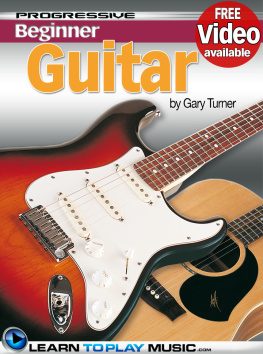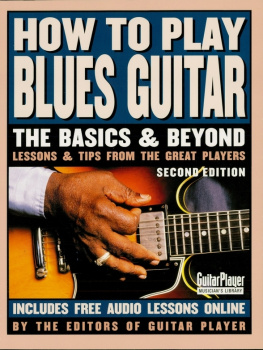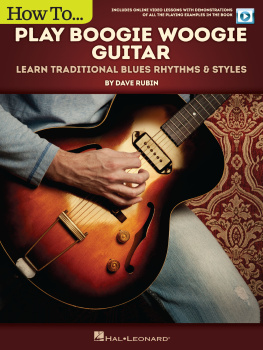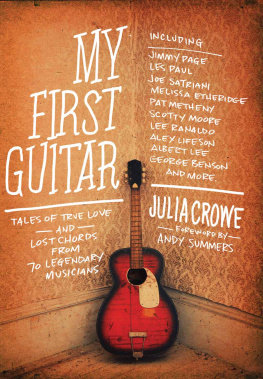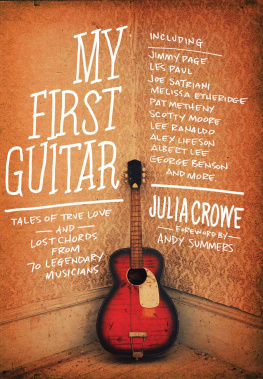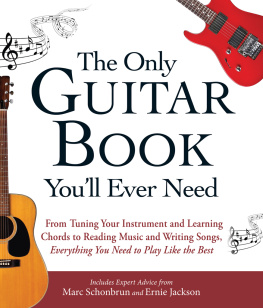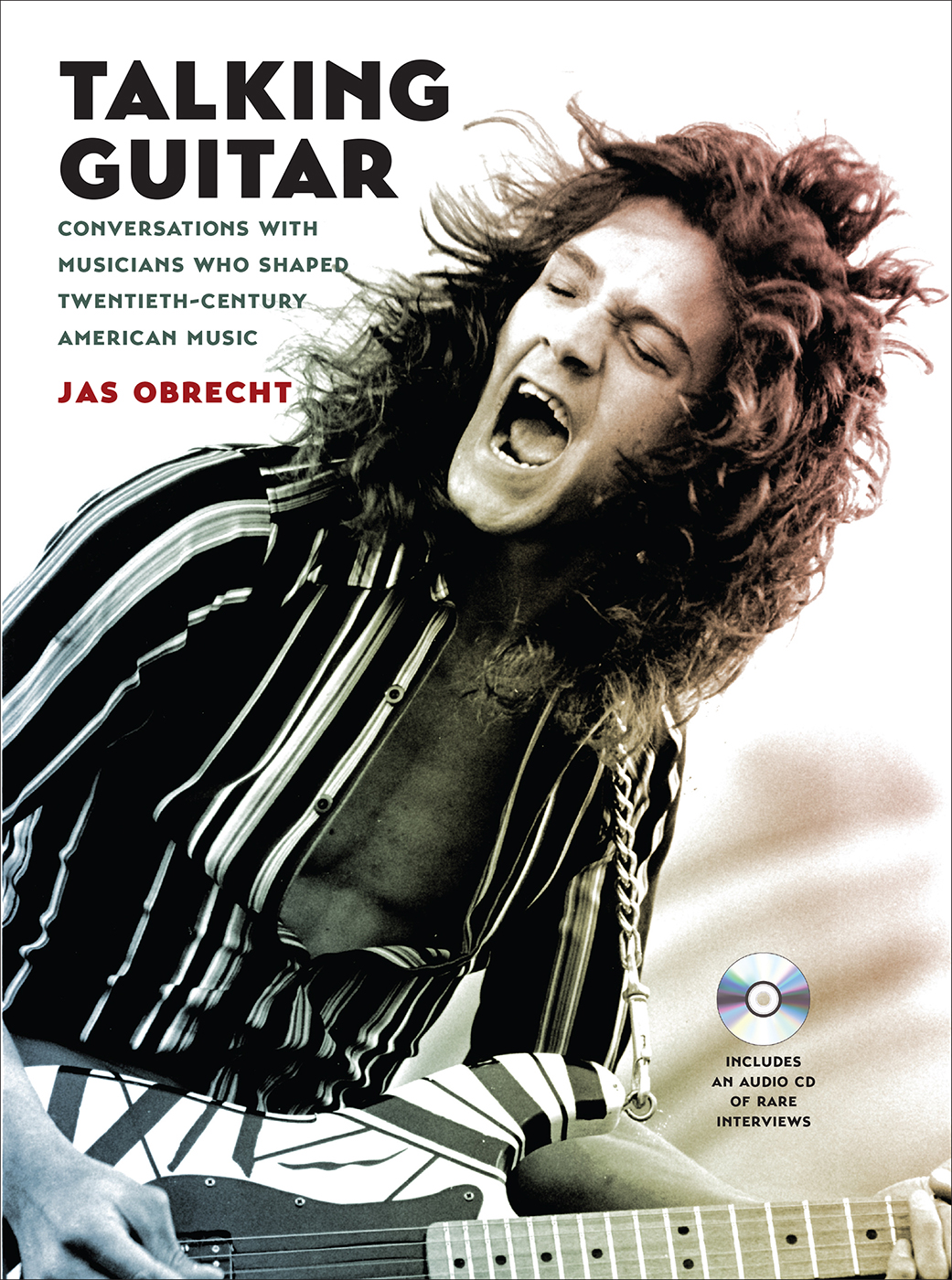Set in Utopia and Transat types by Tseng Information Systems, Inc.
The University of North Carolina Press has been a member of the Green Press Initiative since 2003.
Jacket photograph of Eddie Van Halen by Jon Sievert.
Names: Obrecht, Jas, compiler, interviewer. | University of North Carolina at Chapel Hill. Library. Southern Folklife Collection.
Title: Talking guitar : conversations with musicians who shaped twentieth-century American music / Jas Obrecht.
Description: Chapel Hill : University of North Carolina Press in association with the Southern Folklife Collection, the Louis Round Wilson Special Collections Library, [2017] | Includes bibliographical references and index.
Identifiers: LCCN 2016039783| ISBN 9781469631646 (cloth : alk. paper) | ISBN 9781469631653 (ebook)
Subjects: LCSH : GuitaristsUnited StatesInterviews. | Popular musicUnited States20th centuryHistory and criticism. | LCGFT : Interviews.
Classification: LCC ML 3477.T35 2017 | DDC 787.87092/273dc23 LC record available at https://lccn.loc.gov/2016039783
Figures
Alvino Rey, The Godfather of the Electric Guitar
Nick Lucas, late 1970s
Nick Lucas 1935 music book
Ry Cooder, early 1970s
Lonnie Johnson, circa 1927
Barney Kessel, 1980s
Charlie Christian jamming with Sam Hughes and Dick Wilson, early 1940s
Clarence Gatemouth Brown at Monterey, September 17, 1977
Roebuck Pops Staples in San Francisco, May 11, 1992
Ricky Nelson, circa 1981
Carol Kaye in Cupertino, California, December 21, 1982
Stevie Ray Vaughan in Oakland, California, December 3, 1989
Jimi Hendrix onstage at Woodstock, 1969
James Gurley in San Rafael, California, September 30, 1978
James Gurley and Jas Obrecht interview, September 30, 1978
Jerry Garcia in Golden Gate Park, San Francisco, September 28, 1975
Jerry Garcia and Jas Obrecht interview, January 12, 1985
Johnny Winter, early 1970s
Gregg Allman at the Oakland Coliseum, October 24, 1975
Duane Allman, late 1960s
Carlos Santana at the Oakland Coliseum, July 4, 1977
Neil Young in Woodside, California, October 30, 1991
Eddie Van Halen at the Oakland Coliseum, July 23, 1978
Jas Obrecht and Eddie Van Halen backstage in Oakland, July 23, 1978
Tom Petty performing in Mountain View, California, June 5, 1987
Eric Johnson in Seattle, November 8, 1996
Joe Satriani in Berkeley, California, October 16, 1992
Ben Harper in San Francisco, May 3, 1994
Talking Guitar
Introduction
Today the guitar seems omnipresent. We see its image on magazine and book covers, posters, T-shirts, company logos, record releases, and the screens of our televisions, computers, and hand-held electronic devices. Turn on a radio, stream a song, walk through a market or mall, experience an ad with audiochances are, youll soon hear a guitar in the mix. Shaped and reshaped by amplification, effects devices, and other technological breakthroughs, the instrument has been transformed in ways that could scarcely have been imagined at the dawn of the twentieth century. The National Association of Music Merchants, tracker of sales and trends, recently confirmed that the guitar holds its place as the worlds most popular instrumentby a long shot.
Advances in technology, culture, music, race relations, and the American lifestyle itself fueled the guitars ascendancy during the twentieth century. The changes, subtle at first, took on momentum as recording methods improved, enabling the instrument to be better heard on records. During the Roaring Twenties a great blossoming of acoustic guitar music occurredin jazz, blues, country, pop. Innovations of the 1930s led to the first electric guitars. Visionary players such as Charlie Christian and T-Bone Walker were quick to tap the new instruments potential. During the ensuing decades, the palette of sounds available to guitarists dramatically expanded as pickups were added, solidbody designs came into vogue, strides were made in amplification, and a plethora of effects devices and other innovations hit the marketwah-wah, fuzz, echo, reverb, talk box, whammy bar...
With the rise of rock and roll, the guitar fully attained the iconic status it enjoys to this day. By the 1960s guitar styles were evolving with head-spinning velocityfolk, surf, British Invasion, pop, blues-rock, psychedelia. By decades end, the short, carefully arranged solos of the early rockers had given way to sonic explorations unlike any heard before. In less than a dozen years, the guitar traveled all the way from Chuck Berrys Johnny B. Goode to Jimi Hendrixs The Star-Spangled Banner at Woodstock. The late 1960s and the 1970s brought the glory years for rock guitar icons and first-call studio players; superlative players likewise emerged in country, jazz, classical, and other genres.
For those of us lucky enough to have experienced this era first-hand, music served as a rallying point, a call for change, a salve, an opportunity to expand ones consciousness. Album releases were an event. Friends would eagerly gather around a turntable, unwrap a new platter by Jimi Hendrix, Eric Clapton, Neil Young, Led Zeppelin, the Allman Brothers, or another favorite, and marvel at the sounds blasting through the speakers. Whoa, mandid you hear that?!
Some of the luckier and better-promoted guitarists found themselves on the covers of magazines devoted entirely to the instrument. The debut issue of Guitar Player magazine, the first in the United States, hit music stores in 1967, a few months before the debut of Rolling Stone. When I became an editor there in 1978, Guitar Player was still the only magazine of its kind. Besides the four editors on our staff, you could pretty much count all of Americas full-time guitar journalists on one hand. Unlike todays say it all in five-hundred words and make it sexy style of music journalism, we were often able to publish full-length, wide-ranging interviews like those found in Rolling Stone, Living Blues, Down Beat, and precious few other magazines. Unlike publications such as People and National Enquirer, we focused our attention solely on the musical aspects of a celebritys career and artistry. Because of this approach, guitarists wanted to be interviewed by us.
From the beginning, I saw my role as music historian rather than critic. Why dwell in negativity, I figured, when theres so much thrilling music to cover? Before every interview, Id listen to an artists entire catalog. Id research his or her career, poring over reference books, record company bios, and all the previously published magazine and newspaper articles I could find. As I prepared questions, Id put myself in the place of the interviewees most dedicated fans and try to ask what theyd ask. It helped considerably that Id played guitar since childhood.
The best description Ive heard of what it takes to be a successful interviewer came from Ry Cooder. Wed been talking about his performing with celebrated players from around the world. Whats the attitude you approach them with? I asked. Like you go to a master when you want to learn or be in his presence, Cooder responded. The thing is to empty yourself. If youre truly committed in a real way, you come across as a receptacle of some kind, a vessel to be filled up. Youre not saying, Look at what I got. Lets see what you gotGod forbid! You come and just say, Imprint me with something. And if you love the music, are with and for your practice and your ears are open, then the person knows that immediately, because musicians like that have seen everything and they know whos what. Theres no faking at that level. You can always tell in a microsecond whos got the vibe and who doesnt. I always have found that people are quite happy to meet you in that spirit. And its a great process that goes on. In my experience, this same approach holds true for interviewing performers. If youre genuinely interested in learning and come across as selfless, most people will open their hearts to you.


